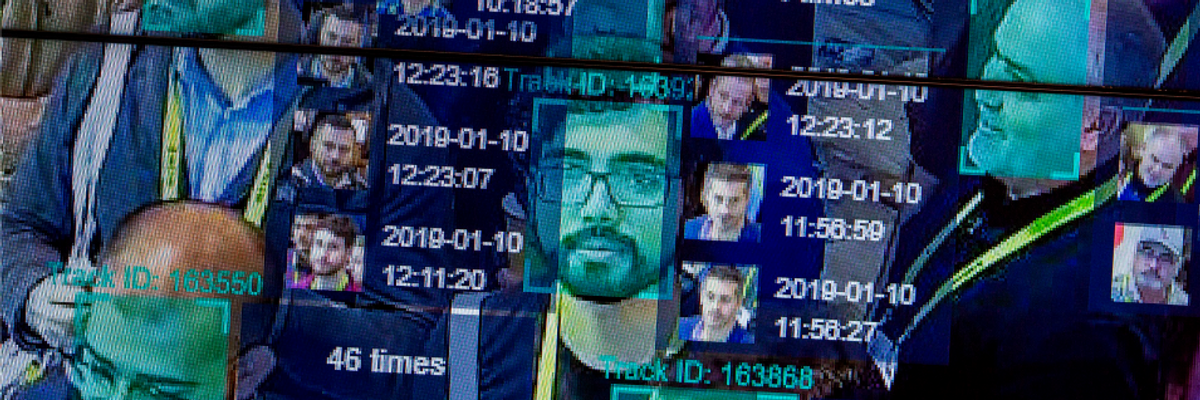Tech giant IBM is getting out of the facial recognition software business, the company's CEO announced Monday in a letter to Congress calling on lawmakers to develop polices to address racial injustice and inequity, leading rights advocates to call on other companies in the field to walk away from the technology.
"This huge IBM move will force other large tech companies to take a stand, even if their silence is their statement," tweeted Wired writer Jessi Hempel.
The company's CEO, Arvind Krishna, declared in his letter to Congress that IBM was stepping away from facial recognition due to the technology's racial and gender biases as well as other concerns about mass surveillance and its use by law enforcement.
"IBM firmly opposes and will not condone uses of any technology, including facial recognition technology offered by other vendors, for mass surveillance, racial profiling, violations of basic human rights and freedoms, or any purpose which is not consistent with our values," said Krishna.
As CNBCreported:
IBM decided to shut down its facial recognition products and announce its decision as the death of George Floyd brought the topic of police reform and racial inequity into the forefront of the national conversation, a person familiar with the situation told CNBC. It follows testimony from Joy Buolamwini, founder of Algorithmic Justice League, before Congress last year, about her research for MIT into the bias she found in facial recognition software.
The ACLU welcomed the decision and urged IBM's competitors to do the same.
Krishna's letter also expressed support for the Justice in Policing Act, a legislative package introduced by congressional Democrats on Monday..
In a statement, ACLU senior legislative counsel Kanya Bennett urged lawmakers to avoid investing in surveillance infrastructure as they look to address policing issues around the country.
"We need to invest in technologies that can help eliminate the digital divide," said Bennett, "not technologies that create a surveillance infrastructure that exacerbates policing abuses and structural racism."
